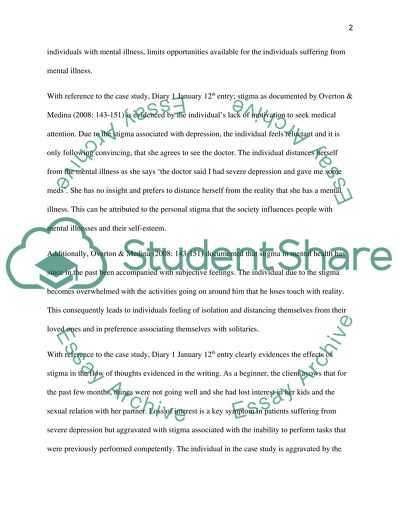Cite this document
(“Sociology of Mental Health Essay Example | Topics and Well Written Essays - 1500 words”, n.d.)
Retrieved from https://studentshare.org/sociology/1437504-sociology-of-mental-health
Retrieved from https://studentshare.org/sociology/1437504-sociology-of-mental-health
(Sociology of Mental Health Essay Example | Topics and Well Written Essays - 1500 Words)
https://studentshare.org/sociology/1437504-sociology-of-mental-health.
https://studentshare.org/sociology/1437504-sociology-of-mental-health.
“Sociology of Mental Health Essay Example | Topics and Well Written Essays - 1500 Words”, n.d. https://studentshare.org/sociology/1437504-sociology-of-mental-health.


